Premium Only Content
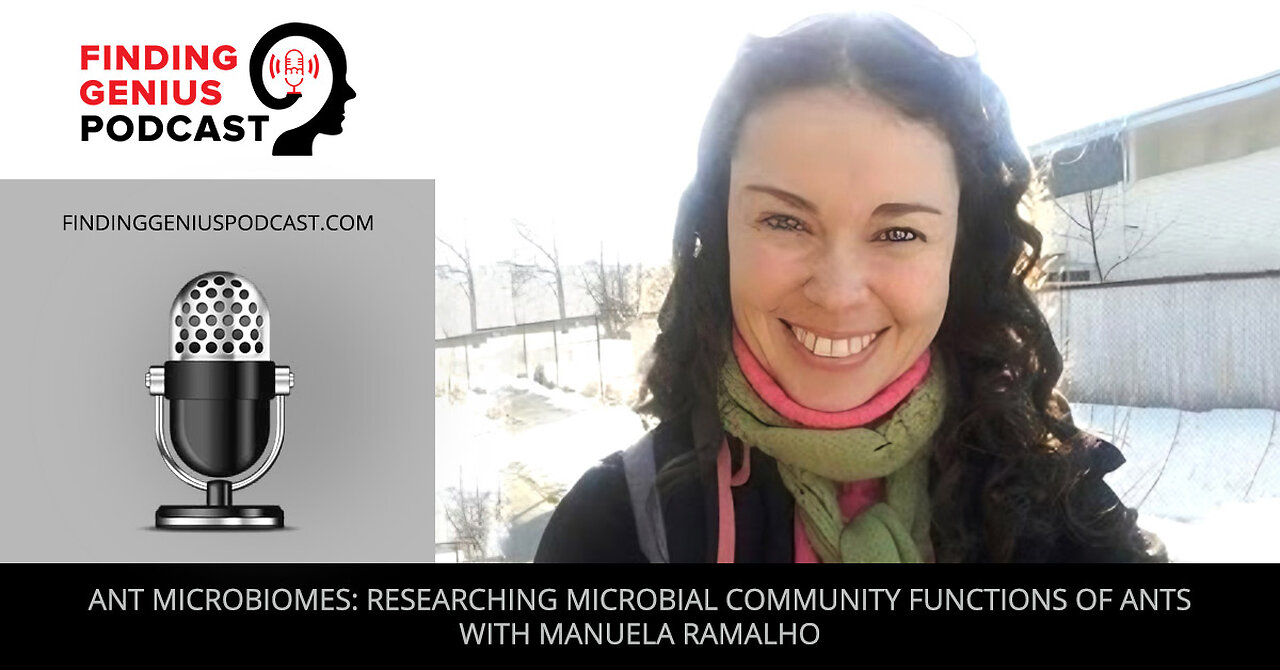
Ant Microbiomes: Researching Microbial Community Functions of Ants with Manuela Ramalho
Ants are perfect models for Manuela Ramalho's research interest in microbiome and host symbiosis. Ants have one of the widest global distribution and habitat diversity of any animal. She captures her enthusiasm and shares it with listeners as she discusses the ecological role of insects and her research on Ant Microbiomes. Listen and learn
1) What key questions and ant facts are tied to a better understanding of their microbiome,
2) How elements of an ant's ecosystem such as an ant's habitat and may or may not impact their microbiome, and
3) How microbiomes might differ across different ant species and roles within a colony.
Ant scientist Manuela Ramalho grew up in Brazil, an ecosystem flush with insects. Her academic life brought her in touch with all the possibilities of ant research and she's turned that work into a specialization in their microbiome. Now a postdoc researcher at Cornell University, she opens up this research world to listeners, offering an understanding of what we may learn about the impact of the microbiome on the ants themselves as well as how ant ecology, behavior, development, diet, and phylogeny determines the microbes.
For example, after she and her colleagues studied the Neotropical species Daceton armigerum, they found that varying their diet had surprisingly no effect on their microbiome. She explains how little scientist understand about the roles of these microbes and how they are beginning to learn more. Some studies, for example, imply symbiotic roles such as microbes providing ants with nutritional benefits.
Furthermore, as with most animal species, questions of coevolution may explain the function of microbe–ant symbiotic relationships. Ramhalho is heading in that direction with her latest study using ant phylogeny to map how the diversity of the ants combines with the phylogeny of bacteria, determining if bacteria are evolving together with their hosts. For more details and why these findings might be significant, listen in.
For more about Manuela Ramalho, see her web page: https://manuelaramalho.wordpress.com/.
Episode also available on Apple Podcasts: apple.co/30PvU9C
-
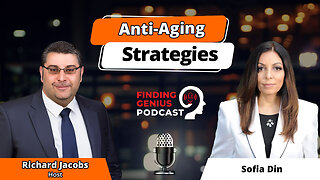 24:40
24:40
FGP
1 day agoWhere Science Meets Beauty: Anti-Aging Strategies With Sofia Din
44 -
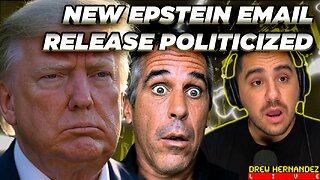 LIVE
LIVE
Drew Hernandez
19 hours agoNEW EPSTEIN EMAIL DROP FULLY POLITICIZED
1,132 watching -
 1:44:01
1:44:01
Tucker Carlson
2 hours agoTucker Carlson on the Israel First Meltdown and the Future of the America First Movement
23K137 -
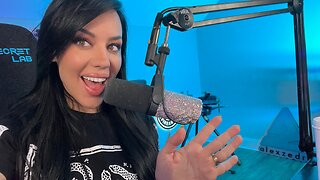 LIVE
LIVE
Alex Zedra
2 hours agoLIVE! Phasmaphobia New Map!
329 watching -
 2:16:06
2:16:06
Laura Loomer
4 hours agoEP155: Jihad Makes Its Move On The White House
23.9K21 -
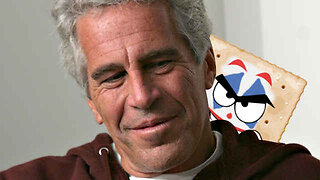 2:18:47
2:18:47
TheSaltyCracker
4 hours agoDem's Epstein Drop Backfires ReeEEStream 11-12-25
76.9K171 -
 17:08
17:08
Demons Row
4 hours ago $2.12 earnedMost Dangerous Motorcycle Clubs That Ever Existed 💀🔥
21.2K2 -
 12:51
12:51
The Gun Collective
5 hours agoWOW! -- LOTS of new GUNS just came out!
7.99K7 -
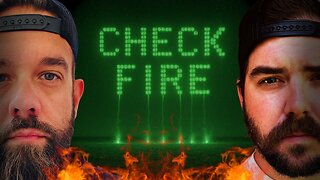 LIVE
LIVE
I_Came_With_Fire_Podcast
13 hours agoWhat IS America First | Al Qaeda in the White House | China's Spy Highway
120 watching -
 DVR
DVR
Adam Does Movies
8 hours ago $0.49 earnedTalking Movies + Ask Me Anything - LIVE
5.54K